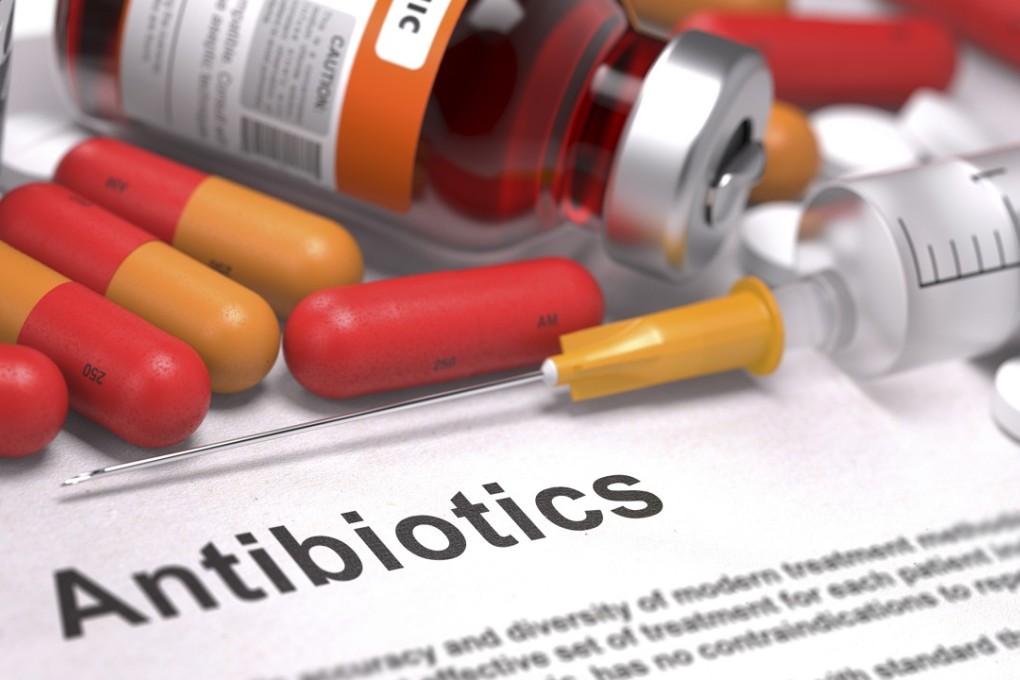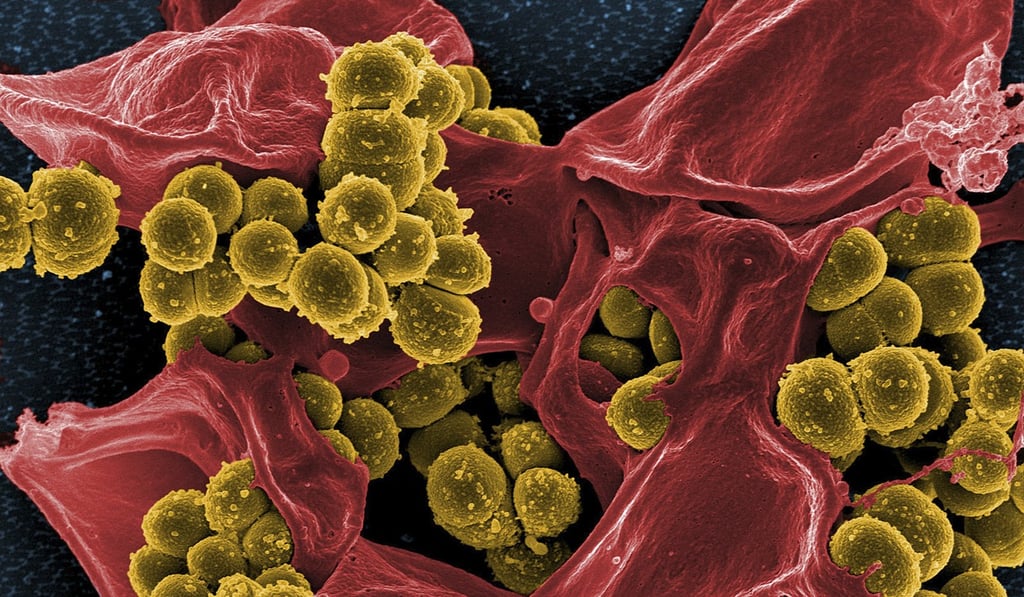Advertisement
Antibiotic overuse is a ticking time bomb for Asia
Katinka De Balogh says governments, individuals and health care professionals must all act to curb misuse before antibiotic-resistant bacteria creates a public health calamity
Reading Time:2 minutes
Why you can trust SCMP

We’ve all seen it: a sick child, a sore throat, a trip to the doctor – and a prescription for an antibiotic. The problem is that many antibiotics are prescribed when the illness is caused by a virus – not a bacterial infection.
In livestock production and agriculture, we see a similar pattern. Rather than using antibiotics to treat bacterial illnesses, they are often used as a hedge, a safeguard to ensure the valuable animal doesn’t get sick. The problem with casual use of antibiotics is they lose their effect over time as the bacteria adapt to overcome the antibiotic.
Globally, antimicrobial resistance or AMR is becoming a core political, social and economic problem. The implications could never be more real than in Asia where, if no immediate action is taken, by 2050 about five million people are projected to die every year of conditions linked to bacterial infections resistant to antibiotics. This figure will be more than estimated cancer fatalities.
Advertisement

Health officials in Hong Kong and mainland China unite to battle deadly superbugs after new threat discovered
The irrational use of antibiotics in animal, agriculture and human health sectors plays a major role in this emerging crisis. Widespread dissemination or spread of resistant bacteria or “superbugs” and genes occurs in the environment and food systems.
Advertisement
Advertisement
Select Voice
Choose your listening speed
Get through articles 2x faster
1.25x
250 WPM
Slow
Average
Fast
1.25x